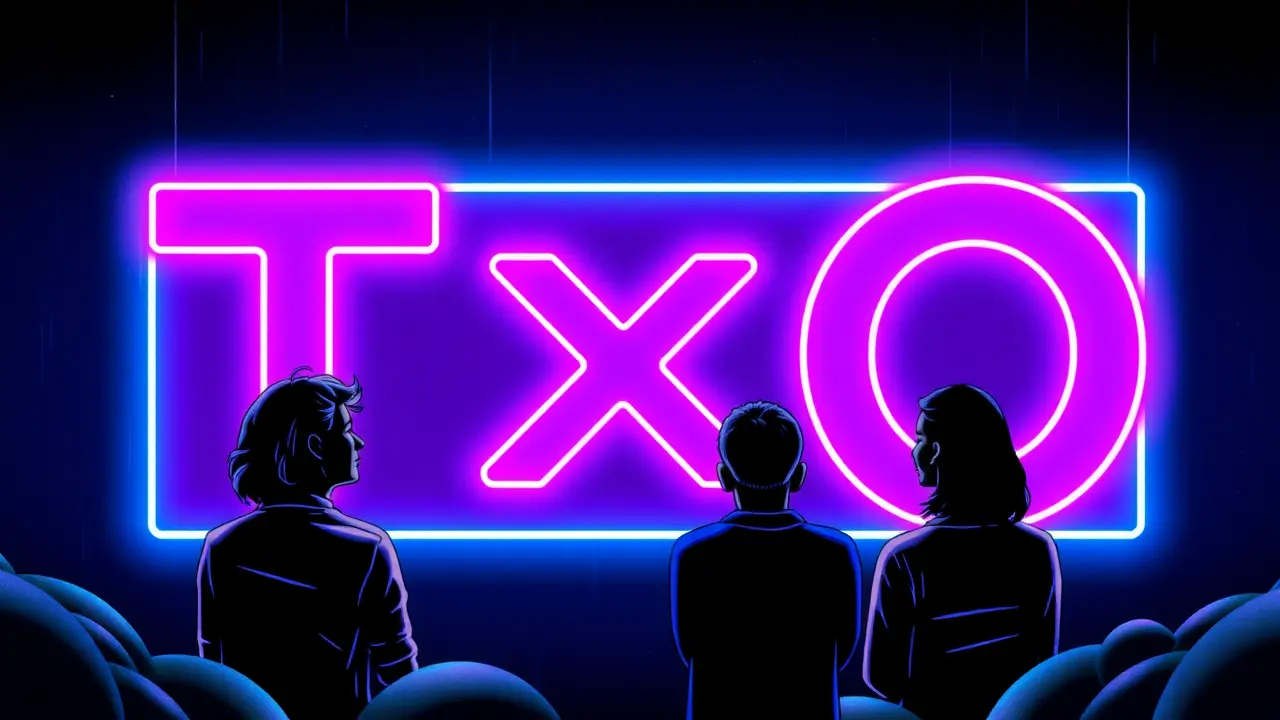
Financefintech & paymentsFintech Funding
Andreessen Horowitz Pauses TxO Fund for Underserved Founders.
ET
Ethan Brown
1 day ago7 min read1 comments
In a move that's sent ripples through the startup ecosystem, the legendary venture capital firm Andreessen Horowitz has quietly pressed pause on its Talent x Opportunity (TxO) fund and program, a flagship initiative specifically designed to back founders from underserved and overlooked backgrounds. This isn't just another fund closing its doors; it's a strategic retreat from a high-profile bet on broadening the aperture of innovation, and it raises profound questions about the sustainability of targeted diversity efforts in a venture landscape that is once again prioritizing stark, unforgiving profitability over mission-driven inclusivity.Launched with considerable fanfare, the TxO fund was a16z's answer to the industry's glaring homogeneity, a $2. 2 million pledge to provide non-dilutive grants and intensive mentorship to entrepreneurs who typically lack the Ivy League networks and generational wealth that so often serve as the golden ticket to Sand Hill Road.The program was a pet project of co-founder Ben Horowitz, who often spoke passionately about finding 'diamonds in the rough' and creating a more equitable playing field, a sentiment that now feels tinged with irony as the firm's focus appears to be sharpening elsewhere. This pause arrives at a critical juncture.The venture market is in the throes of a brutal correction, a stark contrast to the 'free money' era of 2021. Rising interest rates, cratering valuations, and a frozen IPO window have forced even the most deep-pocketed firms like a16z to conduct ruthless portfolio triage and conserve dry powder for their existing, most promising bets—typically in their massive core funds focused on crypto, bio, and enterprise tech.For a small, impact-oriented fund like TxO, the calculus becomes harsh: in a downturn, the perceived 'risk' of backing unproven, non-traditional founders is often the first thing to be jettisoned in favor of safer, more conventional deals. The internal dynamics are telling.Sources suggest the program struggled with scalability and the immense operational lift required to identify and nurture talent outside the standard channels; it's far easier to write a check to a founder with a Stanford CS degree and a referral from a trusted partner than it is to build the entire scaffolding of discovery and support from scratch. This highlights a fundamental tension in venture philanthropy: is it the role of a for-profit VC firm to solve societal inequities, or should that be left to dedicated non-profits and government grants while VCs focus solely on maximizing returns for their limited partners? The silence from a16z is deafening.There's been no official announcement, no blog post explaining the rationale—just a quiet winding down, which speaks volumes about the perceived sensitivity of the decision. For the founders within the TxO portfolio, this creates immediate uncertainty about the continuity of mentorship and network access, resources often more valuable than the capital itself.The message it sends to the broader community of aspiring diverse founders is even more damaging: that when the market gets tough, commitment to diversity, equity, and inclusion (DEI) is often the first luxury to be sacrificed. This isn't an isolated incident.We've seen a broader pullback from corporate DEI initiatives and a rising backlash against 'ESG' (Environmental, Social, and Governance) investing, suggesting that TxO's pause is a symptom of a larger, more troubling trend. It begs the question: was the initial push for diversity a genuine shift in mindset or merely a performative gesture during a boom cycle? The data has consistently shown that diverse founding teams often deliver superior returns, yet the instinct in a crisis is to retreat to the familiar.Looking forward, the consequences are multifaceted. For a16z, this risks a lasting stain on its brand as an innovator, potentially alienating a generation of future founders who will remember which firms stood by their values when the going got tough.For the industry, it creates a vacuum, one that may be filled by more specialized, resilient funds built from the ground up to support underrepresented entrepreneurs, funds whose entire existence isn't contingent on the whims of a bull market. Ultimately, the story of TxO's pause is a classic case study in startup finance: a lesson that the most well-intentioned missions must be built on business models that are antifragile, capable of weathering the inevitable storms. It's a stark reminder that in the high-stakes game of venture capital, even the most noble of experiments can be sidelined when survival becomes the name of the game, leaving us to wonder if the path to a truly inclusive innovation economy will be paved by for-profit giants or by a new, more resilient breed of mission-locked capital.
#featured
#a16z
#Andreessen Horowitz
#TxO Fund
#layoffs
#venture capital
#startup funding
Stay Informed. Act Smarter.
Get weekly highlights, major headlines, and expert insights — then put your knowledge to work in our live prediction markets.
© 2025 Outpoll Service LTD. All rights reserved.